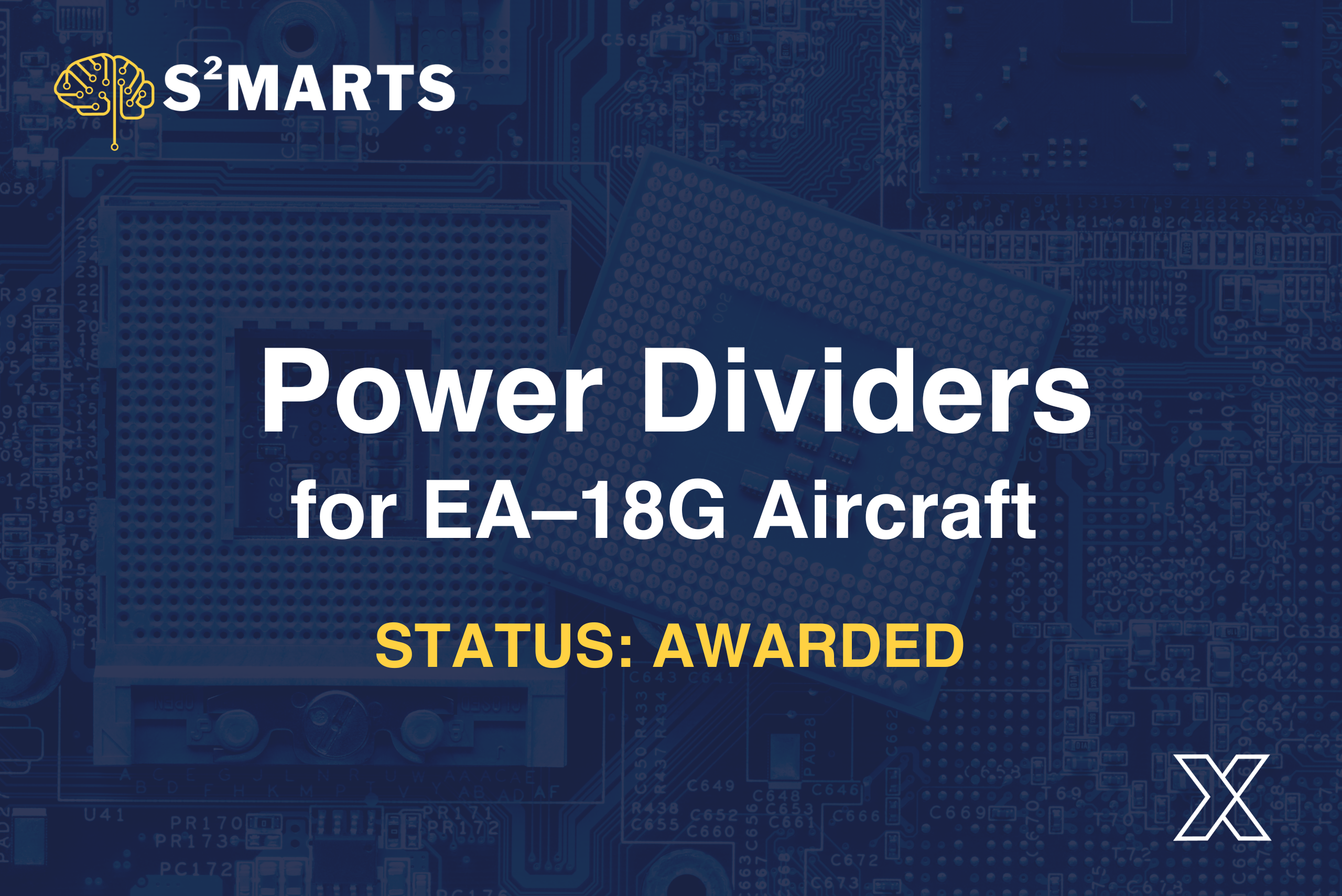Quantum Technology in the Military
February 1, 2023

What Is Quantum Computing?
Quantum computing is the next generation of computer technology. It processes information using quantum bits, rather than classical ones.
A quantum computer allows a computer to be in more than one state at a time, whereas a traditional computer can only be in one state. This gives quantum computers the potential to process large amounts of data very quickly as they can operate on several platforms.
Quantum computing is still in its early stages, but businesses and governments are investing heavily in research and development. One reason for this is that quantum computers could be used to solve complex problems that are difficult or impossible for classical computers to solve. For example, they could be used to develop new drugs or to design more efficient solar cells.
In the future, quantum computers could have a major impact on many different areas of science and technology.
Underlying Principles of Quantum Technology
The principles of quantum mechanics have been exploited in many technologies that we take for granted today, such as lasers and transistors. Quantum mechanics is the branch of physics that studies the behavior of matter and energy on the atomic and subatomic levels.
It is based on quantum entanglement, which states that two particles (like atoms or photons) can connect, regardless of the distance between them. This “spooky action at a distance,” as it is called by physicists, forms the basis for many of the strange and seemingly magical properties of quantum mechanics.
In recent years, scientists have begun to harness these properties for use in quantum computing and other emerging technologies. Quantum technology has the potential to revolutionize the way we process information and communicate with each other.
Quantum Technology Applications in the Military
So far, we have only scratched the surface of the potential applications of quantum technology in the military sector. Here are a few examples of how this technology could be used:
Quantum Computing
The application of quantum technology in the military is an area of active research and development. One area of focus is quantum computing, which has the potential to revolutionize computing power and speed.
Quantum computers can store and process vast amounts of data much more efficiently than traditional computers. This could have a major impact on military operations, as quantum computers process large amounts of data quickly and accurately.
In addition, quantum computers could create new simulation models for training purposes. It has the potential to transform the way militaries operate.
Quantum Sensing
In recent years, quantum technology has become increasingly important for a variety of military applications. Another area where quantum technology is having a major impact is in the realm of quantum sensing.
Quantum sensors can detect extremely small changes in physical parameters, such as:
- Magnetic fields
- Electric fields
This makes them ideal for applications such as detecting enemy submarines or detecting mines.
In addition, quantum sensors can also measure very weak signals, making them useful for tasks such as monitoring radio communications. As a result, quantum sensing is playing an increasingly important role in military operations around the world.
Quantum Communication
The term “quantum technology” covers a wide range of potential applications, from quantum computing and communication to sensing and metrology. While much of the research in this area is still in the early stages, there are already several potential military applications for quantum technology.
One such application is quantum communication, which could create secure channels for information transfer that are resistant to eavesdropping.
Quantum cryptography uses the principles of quantum mechanics to encode data in a way that is impossible to copy or intercept without changing the state of the system, making it an attractive option for secure communications.
There are already several commercial quantum cryptography systems available, and this technology will likely become increasingly important in the future as the need for secure communications grows.
What Does This Mean for Military and Defense?
The potential applications of quantum technology in the military are numerous and varied. Quantum computing, sensing, and communication all have the potential to transform the way militaries operate. Quantum technology will play an important role in the future of military and defense.
Quantum sensors have the potential to revolutionize military operations by providing unprecedented levels of precision and accuracy. For example, quantum sensors could detect the specific location of an enemy missile launch or identify the signature of a nuclear weapon.
In addition, quantum sensors could create detailed maps of enemy territory, giving militaries a significant advantage in planning operations.
Quantum Threats Posed by Quantum Computing
In the past few years, quantum computing has made significant strides, with multiple organizations investing in this emerging technology. While quantum computers hold great promise for revolutionizing various industries, they also pose a significant threat to current security protocols.
Quantum computing gets its power from its ability to perform multiple calculations simultaneously. This makes it incredibly fast and efficient, but it also means that it can quickly break through traditional encryption methods.
For example, current public key encryption schemes are based on the difficulty of factorizing large numbers. However, a quantum computer could efficiently factorize these numbers, allowing an attacker to decrypt sensitive data.
As a result, it is essential to develop new security protocols that are resistant to quantum attacks. Fortunately, there are already several promising schemes in development. One approach is to use quantum cryptography, which relies on the laws of physics to prevent eavesdropping.
Another is to use post-quantum algorithms, which are designed to be resistant to quantum attacks. As quantum computers become more advanced, it is essential to stay ahead of the curve by investing in quantum-resistant technologies.
Post-Quantum Cryptography
In recent years, there has been an increased focus on the need for post-quantum cryptography in the military and defense sectors. This is because quantum computers will soon be able to break traditional cryptography, making it necessary to find new ways to protect information.
Post-quantum cryptography is still in its early stages, but there are already several different approaches that are being investigated. One promising approach is quantum key distribution, which uses the properties of quantum mechanics to transmit keys securely.
Another area of research is lattice-based cryptography, which is resistant to attacks by quantum computers. The military and defense sectors are investing heavily in post-quantum cryptography, and this will likely become an important area of security in the coming years.
Quantum Cryptography vs. Quantum Algorithms
Two of the most talked-about subfields of quantum computing are quantum cryptography and quantum algorithms. Both have the potential to revolutionize the way military and defense organizations operate.
Quantum cryptography, also known as quantum key distribution (QKD), is a method of secure communication that uses quantum mechanics to exchange keys between two parties. The key, which is a string of binary digits, can encode and decode messages.
Quantum algorithms, on the other hand, are algorithms that take advantage of the unique properties of quantum computers to solve problems faster than classical computers.
So, what are the potential applications of quantum cryptography and quantum algorithms in the military and defense sector? Quantum cryptography could securely transmit classified information between two parties.
Quantum algorithms could solve complex optimization problems, such as route planning or resource allocation. Additionally, both technologies could potentially improve simulation capabilities, providing more accurate predictions for future events.
The military and defense sector is just one of many industries that stand to benefit from the advent of quantum computing. As these technologies continue to develop, it is likely that we will see even more innovative applications for them in the years to come.
National Programs in the US for Quantum Technology Innovation
In recent years, the US has made significant investments in quantum technology research and development. These investments lead to the creation of several national programs that are designed to promote quantum technology innovation.
One of the most notable programs is the National Quantum Initiative (NQI), established by Congress in 2018. The NQI has a number of objectives, including supporting the development of a national quantum workforce and expanding public awareness of quantum science and technology.
Other important programs include:
- National Science Foundation’s Quantum Leap Challenge Institutes (QLI) program
- Department of Energy’s Quantum Information Science Research Centers (QISRC)
These programs are helping to position the US as a global leader in quantum technology innovation.
Quantum Technology Opportunities
A recent report by the National Quantum Initiative Program (NQI) identified three key areas in which quantum technology research could significantly impact US national security.
The first is in early warning and sensing, where quantum sensors could detect extremely faint signals from distant objects. This would enable the early detection of:
- Missiles
- Aircraft
- Other potential threats
The second area is in communications, where quantum encryption could protect sensitive information from being intercepted. This would be particularly important for military communications, which are often targeted by adversaries.
Finally, quantum computing could solve complex problems that are beyond the capabilities of classical computers. This would enable the US military to gain a significant advantage in fields such as:
- Logistics
- Planning
- Image analysis
The Future of Quantum Technology
The future of quantum technology is shrouded in potential but also considerable uncertainty. Despite this, defense and military organizations are eager to explore the possibilities that quantum computing might offer.
In particular, quantum computers have the potential to revolutionize data processing and analysis, as well as provide new insights into complex problems.
However, there are also significant challenges that need to be overcome before quantum computers are useful in practical applications.
For example, current quantum computers are extremely sensitive to changes in their environment, which means they need to be carefully isolated from any external noise or interference.
Additionally, developing algorithms that can take advantage of the unique properties of quantum computers is a difficult task that will require many years of research and development.
Despite these challenges, defense and military organizations continue to commit to exploring the potential of quantum computing and are likely to invest heavily in this area in the coming years.
Acquiring Government Contracts in Quantum Computing
The field of quantum computing is still in its early stages, but it has already attracted significant interest from governments around the world. Quantum computers promise to be much more powerful than traditional computers, capable of processing huge amounts of data much faster. As a result, they have the potential to revolutionize fields like medicine, finance, and security.
For companies working in the field of quantum computing, this presents a significant opportunity to win government contracts. However, there are also a number of challenges. Quantum computers are still very new, and we are still waiting on a lot of basic research before we can use this in practice.
In addition, the field is highly complex, and few companies have the expertise to develop quantum computers. As a result, those who are able to successfully navigate these challenges will be in a strong position to win government contracts in the field of quantum computing.





